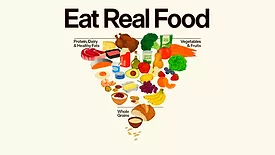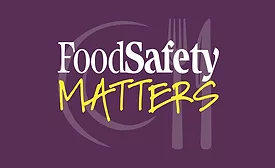Regulatory
Judge Blocks West Virginia Food Additive Ban
HB 2354's provision related to school meals still stands.
January 6, 2026
A 2025 Timeline of U.S. Federal Food Safety Changes Under the Trump Admin
The U.S. experienced a whirlwind of changes at HHS, CDC, FDA, and USDA throughout the year.
December 26, 2025
Never miss the latest news and trends driving the food safety industry
Newsletters | Website | eMagazine
JOIN TODAY!Copyright ©2026. All Rights Reserved BNP Media.
Design, CMS, Hosting & Web Development :: ePublishing











